 CAES News
CAES News
UGA Career Caravan takes students to Delta and IHG
The University of Georgia Career Center provides students with invaluable opportunities to explore diverse career paths. On March 21, the Career Center organized a “Career Caravan” to two prominent Atlanta-based companies: Delta Air Lines and IHG Hotels & Resorts. This immersive experience aimed to give UGA students, including those studying hospitality and food industry management at the College of Agricultural and Environmental Sciences, firsthand learning from the hospitality industry.


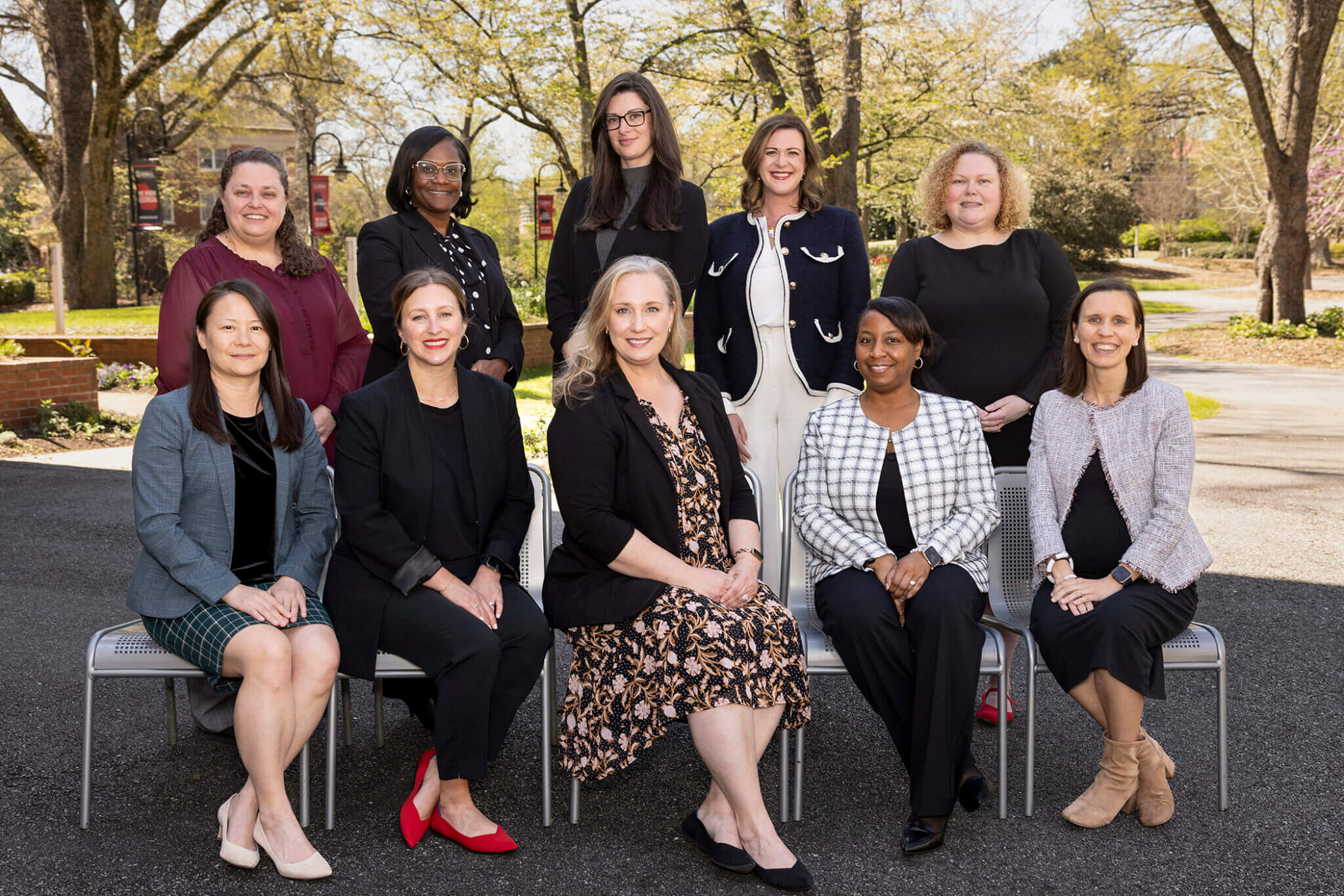
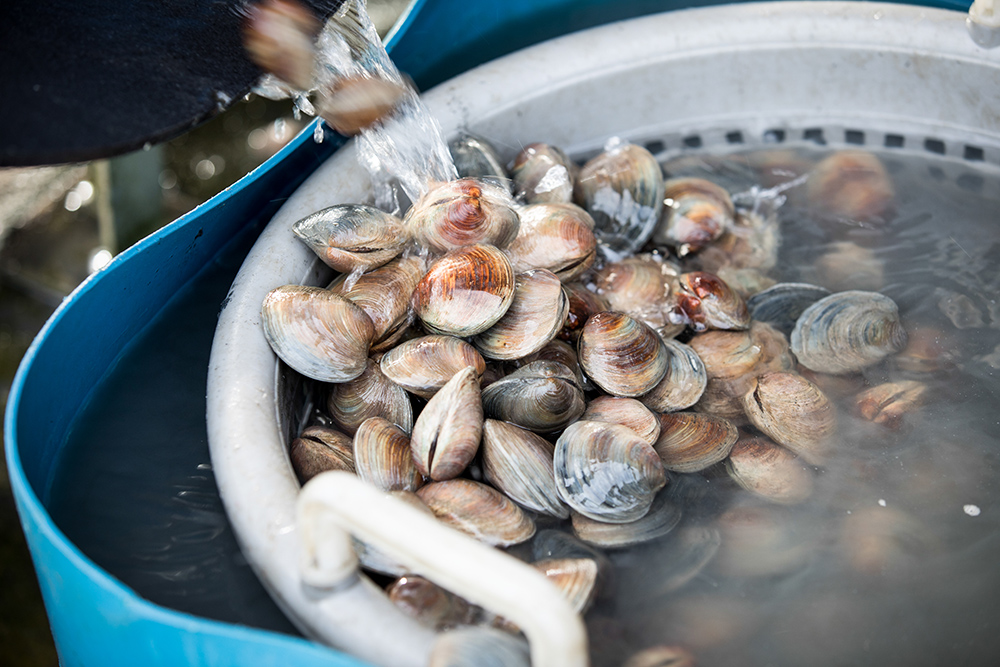
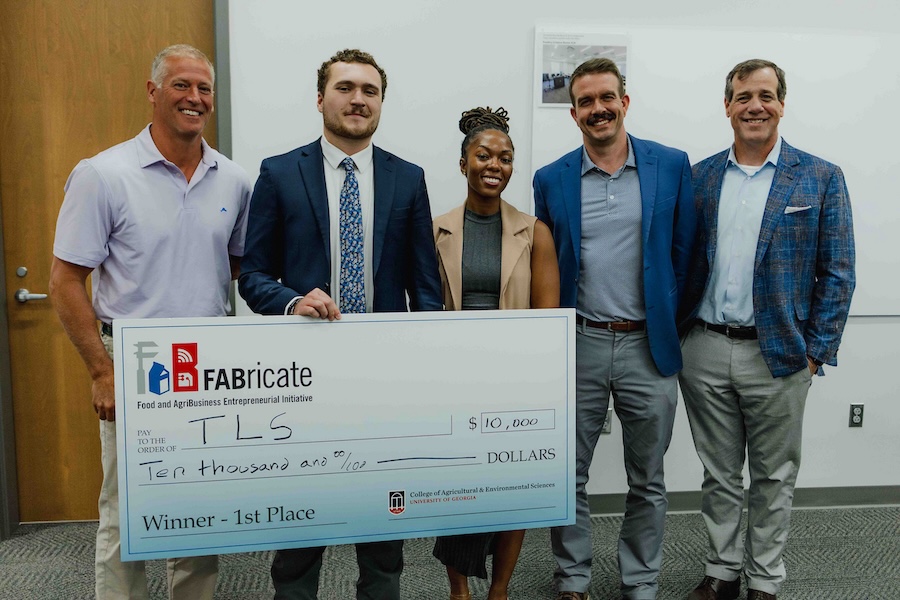
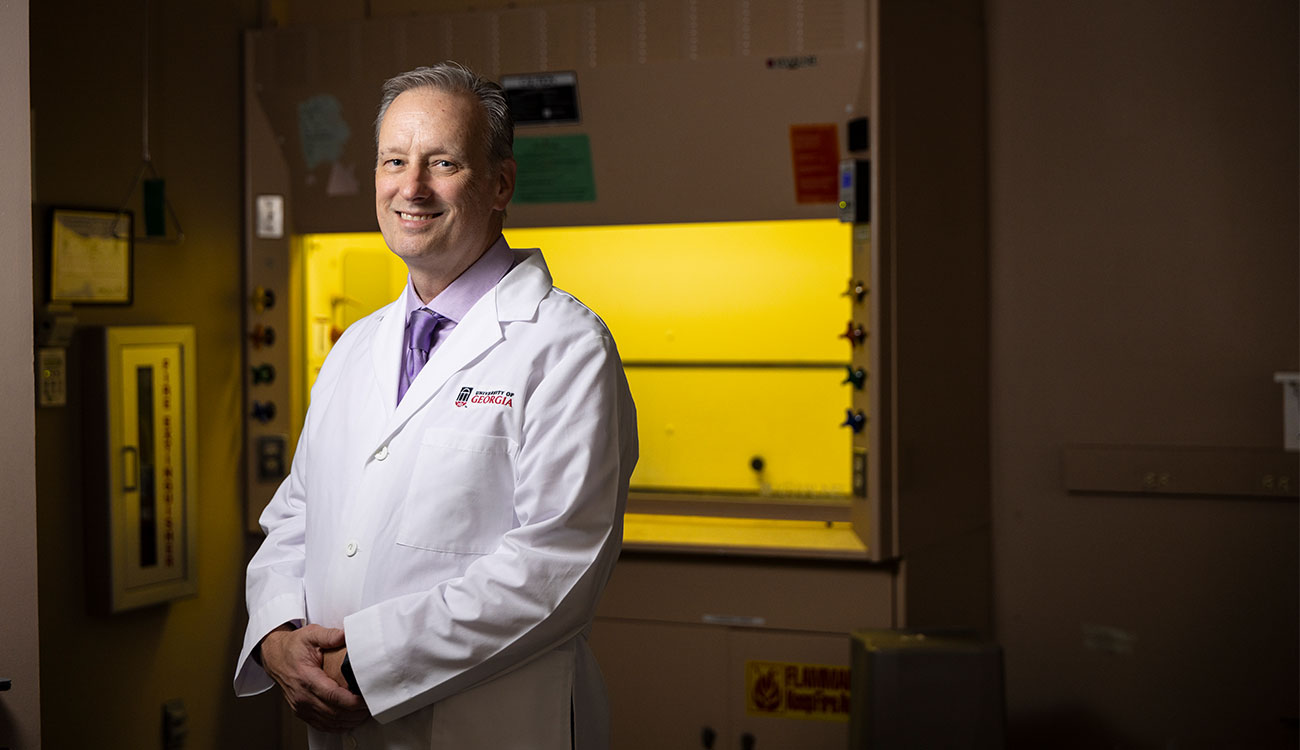
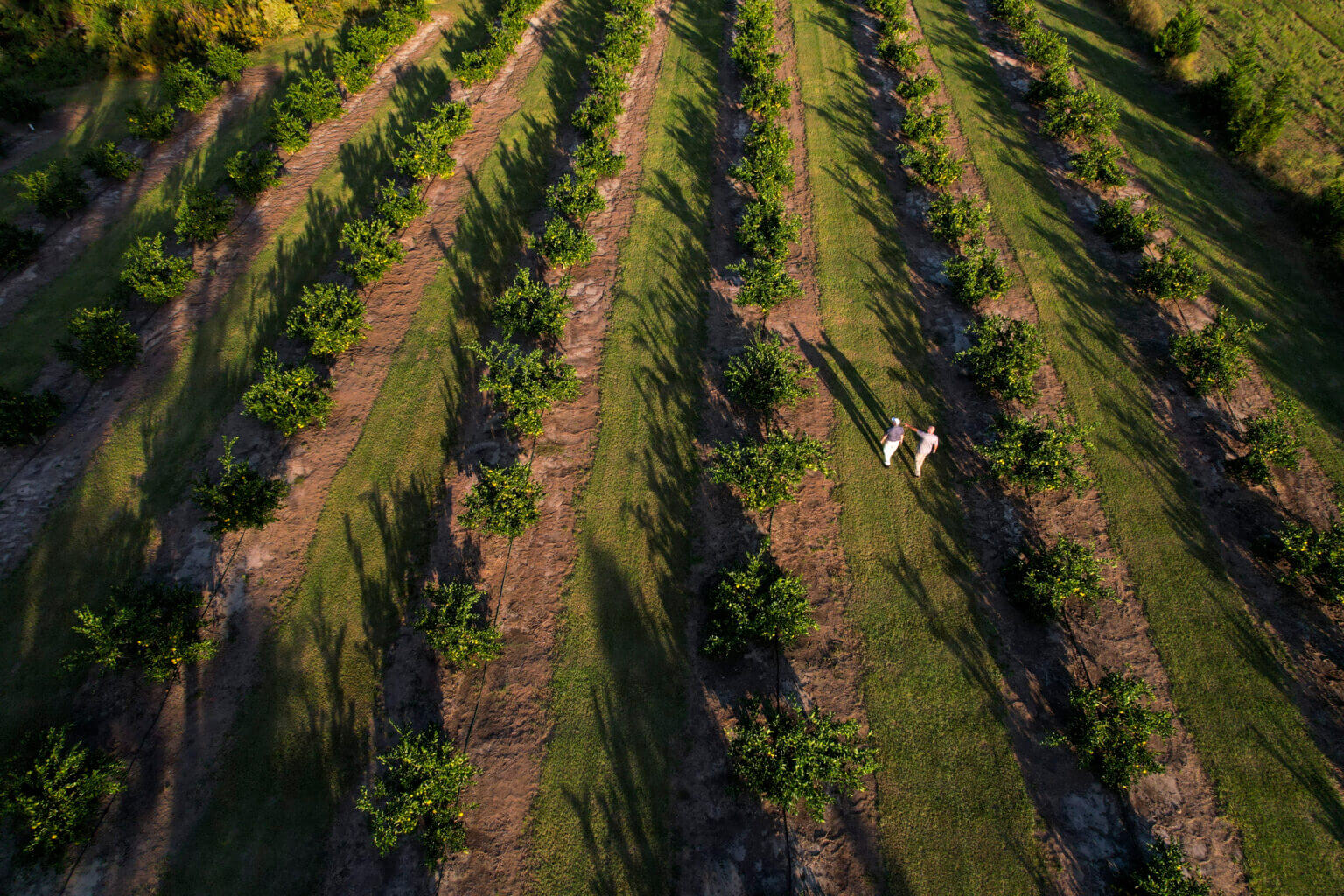
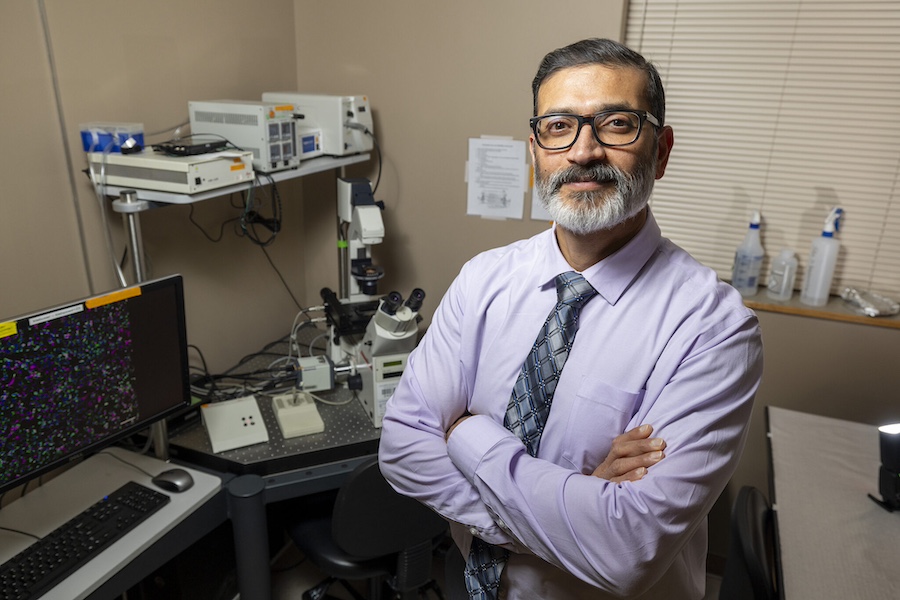
.jpg)